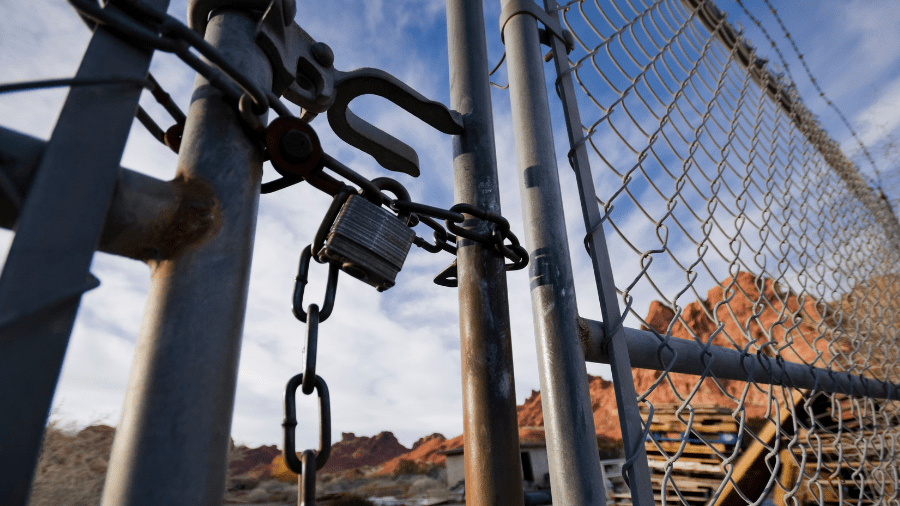By Heather Exner-Pirot, April 17, 2023
Last month the Supreme Court of Canada held a hearing on the constitutionality of the Impact Assessment Act (IAA). This follows an Alberta Court of Appeal decision in May 2022 that the IAA represents fatal federal overreach. The federal government argues that their oversight is required to protect areas of the environment under its jurisdiction.
Regardless of whether the SCOC finds the IAA to be constitutional, it needs to go.
The IAA undermines the Liberals’ own economic, foreign and climate policy goals. Canada will not develop critical minerals, meet zero-emission-vehicle (ZEV) targets, build a clean electricity grid by 2035, or fulfill our commitments to supply resources to our allies under the constraints of the IAA. In a speech in Washington DC last October, Deputy Prime Minister Chrystia Freeland said Canada must fast-track the energy and mining projects our allies need. Not with the IAA we won’t.
The Liberals have conceded as much in Budget 2023, which announces that “by the end of 2023, the government will outline a concrete plan to improve the efficiency of the impact assessment and permitting processes for major projects.”
The IAA was proposed during a time when well-meaning progressives could entertain the conceit that resource development is something a civilized country like Canada is above. Mining, oil and gas, hydroelectric dams, and projects like transmission lines and pipelines were seen as a privilege, not a necessity. Any industry proponent seeking to advance such a project would need to meet the highest standard possible, regardless of cost, and woe unto them if they fell short.
To critics of IAA, its purpose was to stymie resource extraction, especially oil and gas. Branded the “no more pipelines” act when it was introduced in 2018 as Bill C-69, it’s clear now that it is far worse than that. The IAA is the no more anything act.
Since becoming federal law in June 2019, only one major project has been approved under IAA: Cedar LNG, earlier this month. Veterans of Canada’s regulatory system will shrug and say nobody expected projects to be approved in less than four years, Chinese and Russian dependence, inflation, and climate change be damned. A handful more are currently being assessed, but the IAA seems designed to provide a trickle, not a flood, of approved projects.
The IAA gives Ottawa the ability to designate for its review any project involving water or Indigenous peoples. As the Alberta Court of Appeal pointed out, that means every conceivable project in the country, each of which is then subject to a veto by the Minister of Environment of Climate Change. That’s correct: former Greenpeace activist and current Minister Stephen Guilbeault has the power to veto any resource project in Canada. Spare a thought for energy and mining CEOs going to London or New York seeking investment under those circumstances.
As an enlightened assessment framework, the IAA also requires proponents to conduct an analysis indicating how different genders will experience a proposed project: “a way of thinking, as opposed to a unique set of prescribed methods”, according to the guidelines. There is almost no way to get such opaque and subjective regulatory requirements right, but unlimited ways to get them wrong.
To be fair, the Canadian Environmental Assessment Act, which Stephen Harper’s government passed in 2012, was also slow and burdensome. That it was passed by Conservatives is of no consolation to the resource sector, which suffered a lost decade of investment.
The process was allowed to become this obstructive because it came during an era of cheap energy, low interest rates, and a commodity down cycle. That meant resources could still be sourced elsewhere, the price imperative to develop was low, and the long timelines that characterize the Canadian system weren’t as punitive.
But with new pressures for a global energy transition and supply disruptions caused by the Ukraine war, Canada’s sluggishness not only inconveniences investors and proponents. It threatens our own prosperity, security and climate goals.
Even Canada’s Natural Resources Minister Jonathan Wilkinson has lamented, “it cannot take us 12-15 years to open a mine in this country”. Yet it does. And so long as the IAA is the law of the land, it will continue to.
The SCOC reference on the IAA has important constitutional implications for Canada and our system of federalism, but regardless of how the Court rules, the IAA itself will not enjoy a long tenure. Either the Liberals will change it, or the Conservatives will scrap it. Whichever happens first, it cannot come soon enough.
Heather Exner-Pirot is a Senior Fellow and Director of Natural Resources, Energy and Environment at the Macdonald-Laurier Institute.






